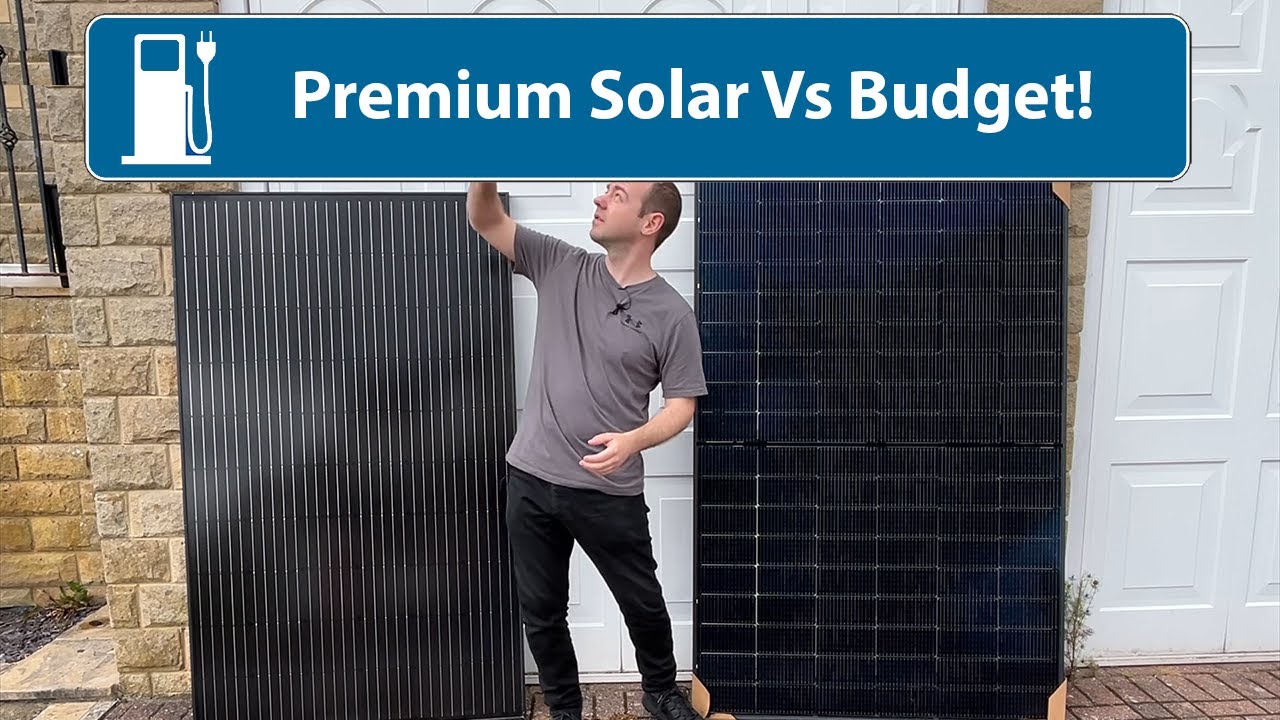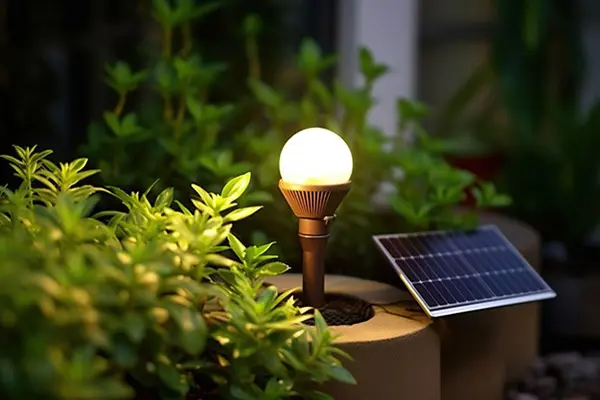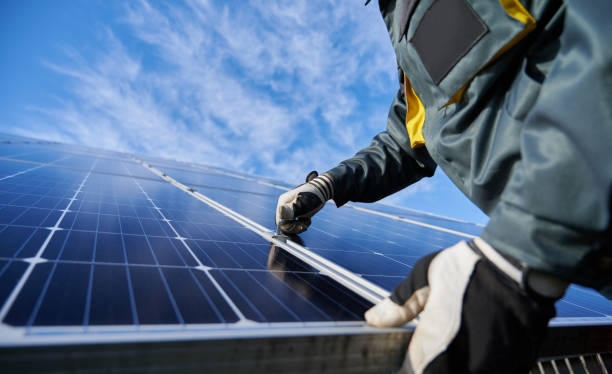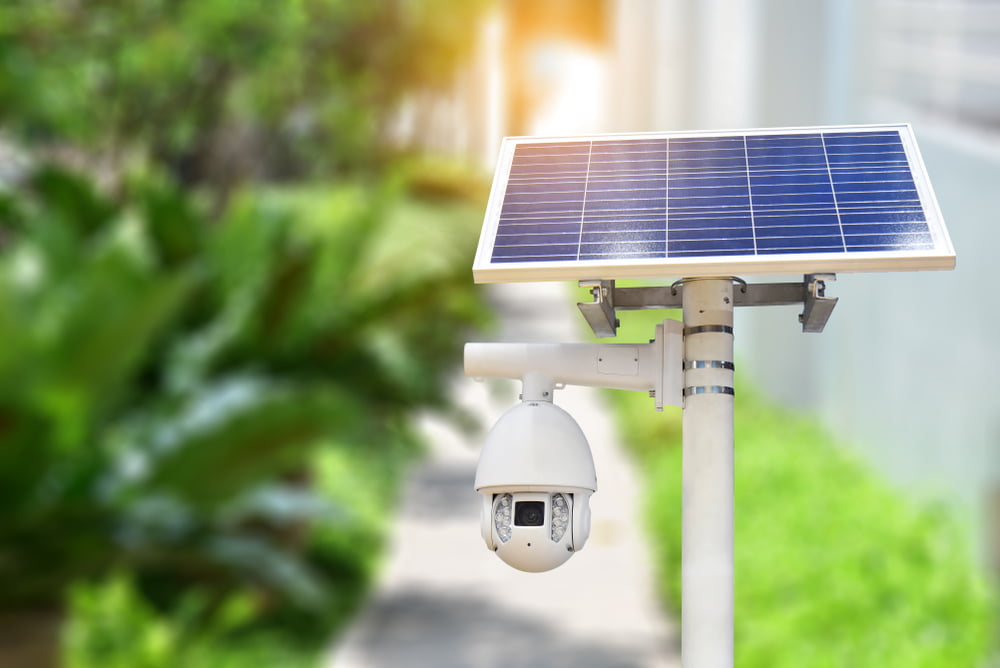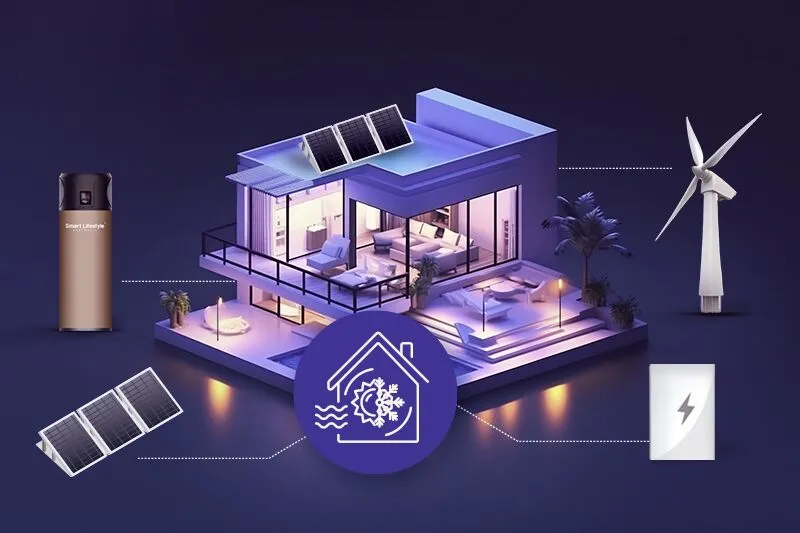Solar Panels for Agricultural Applications: Powering Farms Sustainably

The agricultural sector is increasingly adopting solar energy as a sustainable power source. From running irrigation systems to powering storage facilities, solar panels offer farms an efficient and eco-friendly solution to their energy needs. By reducing reliance on fossil fuels, solar energy not only cuts operational costs but also supports environmental conservation.
In this article, we’ll explore how solar panels are transforming agricultural applications and why they’re a game-changer for modern farming.
1. Why Solar Energy Makes Sense for Agriculture
Farming operations require significant energy, and solar panels provide a renewable and reliable solution. Here’s why solar energy is ideal for agricultural applications:
- Cost Efficiency: Solar energy reduces electricity costs, enabling farmers to reinvest in other areas.
- Energy Independence: Farms in remote areas benefit from off-grid solar systems, reducing reliance on traditional power grids.
- Environmental Benefits: Solar panels help reduce the carbon footprint, promoting sustainable farming practices.
Solar energy aligns with the growing demand for greener and more sustainable agricultural practices.
2. Key Applications of Solar Panels in Agriculture
Solar panels are versatile and can power various farming activities:
2.1 Irrigation Systems
Solar-powered water pumps are a popular choice for irrigation. They:
- Draw water from underground or surface sources.
- Operate efficiently without requiring a connection to the grid.
- Reduce fuel costs associated with traditional diesel pumps.
2.2 Greenhouse Heating and Cooling
Maintaining the right temperature in greenhouses is energy-intensive. Solar panels power:
- Cooling systems during hot seasons.
- Heating systems to protect crops during cold months.
2.3 Livestock Operations
Solar energy supports livestock farms by powering:
- Ventilation systems in barns.
- Automated feeders and waterers.
- Electric fencing for animal containment.
2.4 Crop Processing and Storage
Solar panels ensure reliable energy for post-harvest activities like:
- Grain drying and storage.
- Processing machinery.
- Refrigeration units for perishable products.
3. Advantages of Solar Panels for Farms
Farms that invest in solar panels experience multiple benefits:
3.1 Cost Savings
By generating their own electricity, farmers significantly reduce utility bills and fuel costs.
3.2 Increased Productivity
Solar-powered systems operate efficiently, allowing farmers to focus on maximizing yield and productivity.
3.3 Sustainability
Adopting solar energy demonstrates a commitment to environmental stewardship, which is increasingly important for consumers.
3.4 Scalability
Solar installations can be customized and expanded as energy needs grow, making them ideal for farms of all sizes.
4. Types of Solar Installations for Farms
Farmers can choose from various solar solutions to meet their specific needs:
4.1 Ground-Mounted Systems
These systems are ideal for farms with ample open space. They are easy to maintain and can generate significant energy.
4.2 Rooftop Panels
Installing solar panels on barns, storage units, or greenhouses makes efficient use of available structures.
4.3 Solar Tracking Systems
Tracking systems adjust panel angles throughout the day to maximize sunlight exposure, enhancing efficiency.
4.4 Floating Solar Systems
For farms with water reservoirs, floating solar panels save land space while reducing water evaporation.
5. Financial Incentives for Agricultural Solar Systems
Governments and organizations offer various incentives to encourage the adoption of solar energy in agriculture:
- Tax Credits: Many regions provide tax incentives for solar installations.
- Grants and Subsidies: Programs often support farmers in transitioning to renewable energy.
- Net Metering: Farmers can sell excess energy back to the grid, creating an additional revenue stream.
These incentives make solar installations a cost-effective investment for farms.
6. Challenges of Implementing Solar Panels on Farms
While the benefits are significant, there are some challenges:
- Initial Costs: The upfront investment for solar systems can be high, though it pays off in the long run.
- Maintenance: Panels and related equipment require regular cleaning and upkeep.
- Weather Dependence: Solar energy production can fluctuate based on weather conditions.
Proper planning and support from experienced installers can help overcome these hurdles.
Conclusion
Solar panels are revolutionizing agriculture by providing farms with a reliable, cost-effective, and sustainable energy source. From powering irrigation systems to running livestock operations, solar energy supports the diverse needs of modern farming. With increasing financial incentives and technological advancements, the future of solar-powered agriculture is bright.
For more insights and expert advice on adopting solar energy for your farm, visit SolarsPrice.com and start your journey toward a sustainable and energy-efficient future.
